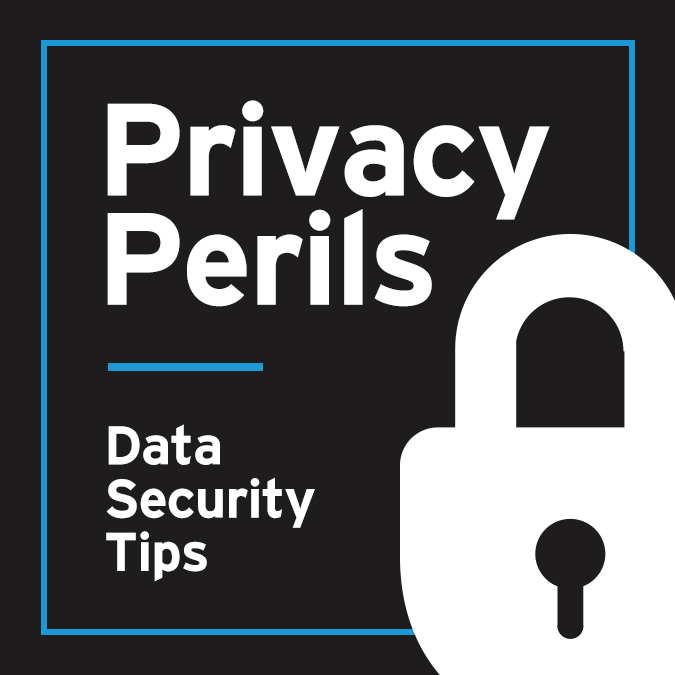Social media has dramatically changed how we interact with each other. The digital footprint left by individuals on sites like Facebook, Twitter, LinkedIn and YouTube is at the forefront of today’s litigation. It is standard practice today to use social media sites as evidence to research parties; establish or refute facts; determine or rebut state of mind or health; and identify, impeach or bolster the credibility of witnesses. Courts have held there is no reasonable expectation of privacy for social media accounts, since “private” is not necessarily the same as “not public.” Even when you limit who can see your photos or read your status updates, that information still may be discoverable. Practically, a requesting party is more likely to convince a court the information is discoverable if at least some part of social media content is publicly available. When a social media account is not publicly available, discovery is much less likely. Keep this in mind when posting on social media websites, and ensure that you have implemented appropriate privacy settings.
 Check out our series, Privacy Perils, to learn what steps you can take to guard your personal and company data. For more information about this topic and other cyber security concerns, please contact a member of our Privacy & Data Security team.
Check out our series, Privacy Perils, to learn what steps you can take to guard your personal and company data. For more information about this topic and other cyber security concerns, please contact a member of our Privacy & Data Security team.


